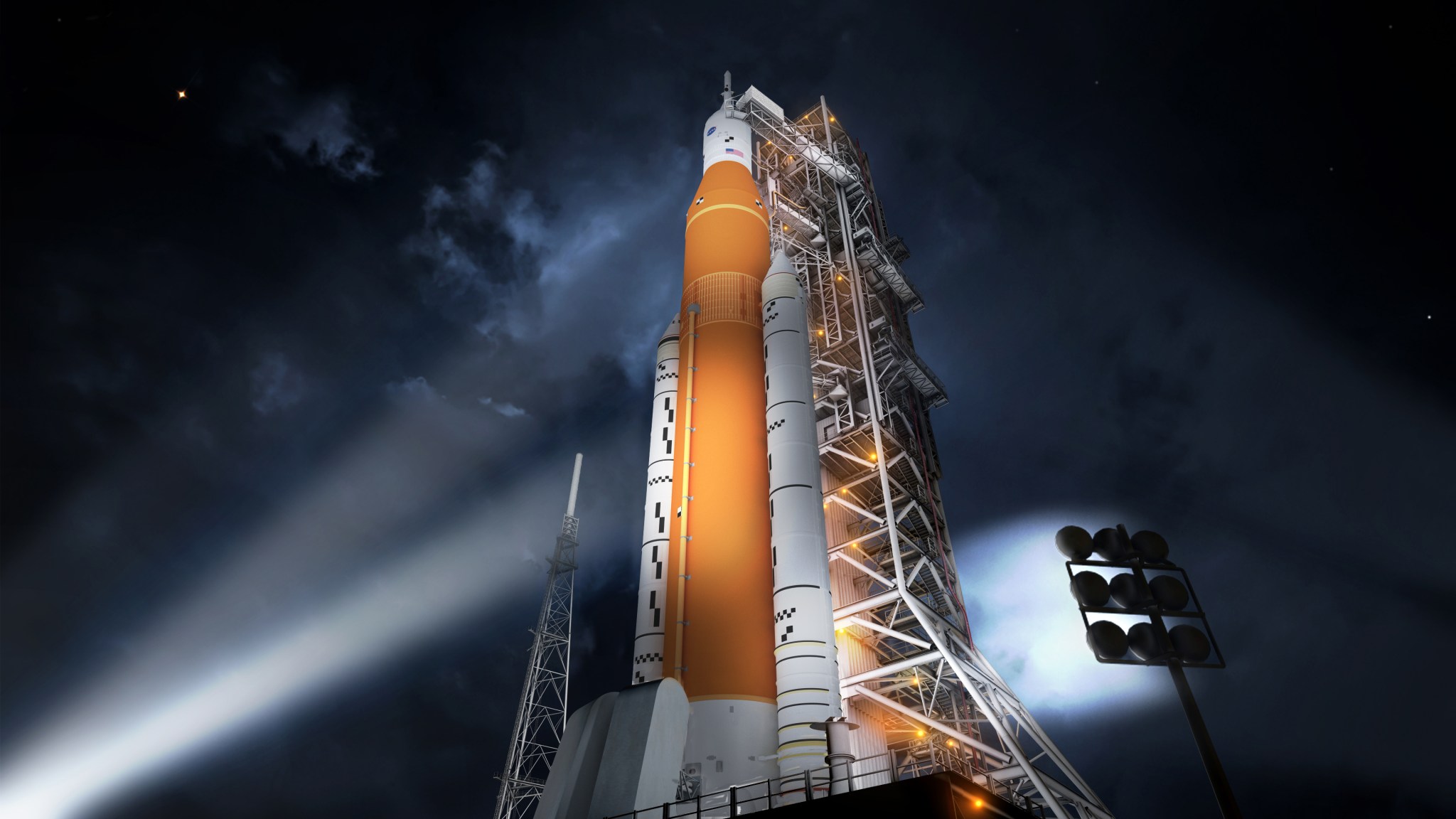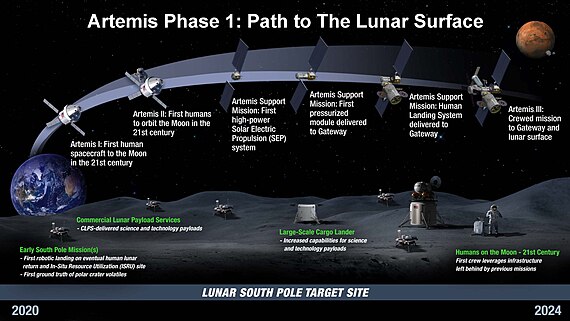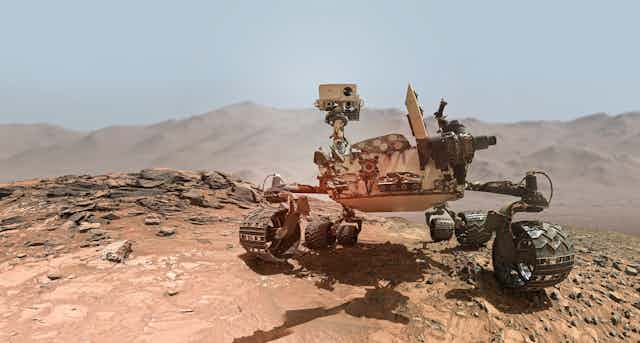Space exploration has always captured the imagination of humanity, inspiring generations to look beyond our planet and into the vast expanse of the cosmos. As technology advances and international collaboration increases, space exploration is poised to become the next great frontier for human innovation, discovery, and survival.

Image from: https://www.nasa.gov/learning-resources/for-kids-and-students/what-is-the-artemis-program-grades-5-8/
The Dawn of a New Era
In recent years, significant strides have been made in space exploration. NASA’s Artemis program aims to return humans to the Moon by 2025, establishing a sustainable presence that will serve as a stepping stone for future missions to Mars. Private companies like SpaceX are revolutionizing space travel with reusable rockets, reducing the cost and increasing the frequency of missions. Space exploration is increasingly becoming a collaborative global effort. The International Space Station (ISS) is a prime example of successful international cooperation, with contributions from space agencies across the globe, including NASA, Roscosmos, ESA, JAXA, and CSA. Such partnerships are crucial for pooling resources, knowledge, and expertise to tackle the immense challenges of space exploration.

Image from: https://en.wikipedia.org/wiki/Artemis_program
Technological Innovations
Advancements in technology are driving the next wave of space exploration. Innovations in propulsion systems, artificial intelligence, and robotics are enabling more ambitious missions. Autonomous rovers like Perseverance are exploring the Martian surface, conducting experiments, and searching for signs of past life. Meanwhile, advancements in satellite technology are improving our understanding of Earth’s climate, weather patterns, and natural disasters.

Image from: https://theconversation.com/there-could-be-alien-life-on-mars-but-will-our-rovers-be-able-to-find-it-200338
One of the most profound questions driving space exploration is the search for extraterrestrial life. Missions to Mars, Europa, and other celestial bodies aim to uncover evidence of life beyond Earth. Discovering microbial life or other forms of existence would have profound implications for our understanding of biology, evolution, and our place in the universe. Space exploration yields significant economic and scientific benefits. The development of new technologies for space missions often leads to innovations with practical applications on Earth. From improvements in materials science to advancements in telecommunications and medicine, the ripple effects of space research enhance various aspects of our daily lives. Beyond scientific curiosity and economic benefits, space exploration is essential for the long-term survival of humanity. Establishing a human presence on other planets could serve as a safeguard against existential threats such as climate change, asteroid impacts, or other catastrophic events. By becoming a multi-planetary species, we can ensure the continuation of human civilization.

Image from: https://cff2.earth.com/uploads/2020/11/02095321/shutterstock_138031868-960×601.jpg
Space exploration represents the next frontier for humanity, offering unparalleled opportunities for discovery, innovation, and survival. As we venture further into the cosmos, we not only expand our scientific knowledge but also inspire a new generation to dream big and reach for the stars. Through international collaboration and technological advancements, the future of space exploration holds limitless potential, promising a new era of human achievement and understanding.
References:
https://www.nasa.gov/specials/artemis/ | https://www.spacex.com/reusability/
https://www.esa.int/Science_Exploration/Human_and_Robotic_Exploration/International_Space_Station
https://www.nasa.gov/technology/ | https://mars.nasa.gov/mars2020/
https://www.esa.int/Science_Exploration/Human_and_Robotic_Exploration/ExoMars
https://www.nap.edu/catalog/13360/vision-and-voyages-for-planetary-science-in-the-decade-2013-2022













